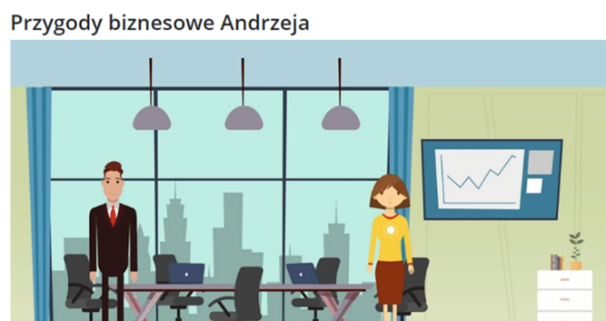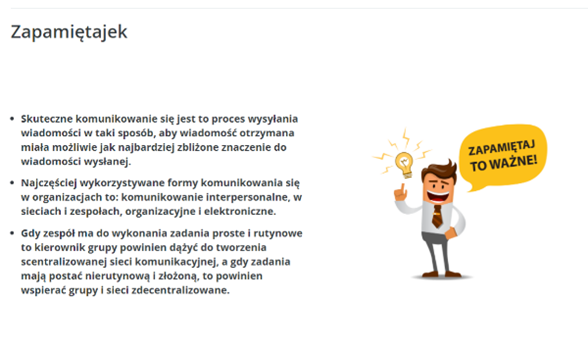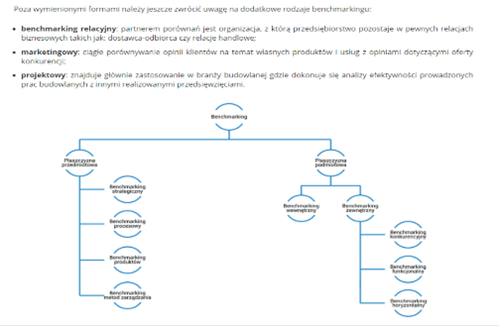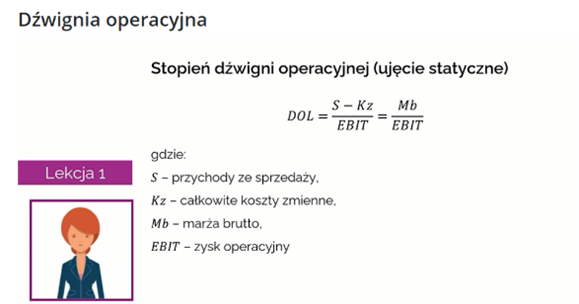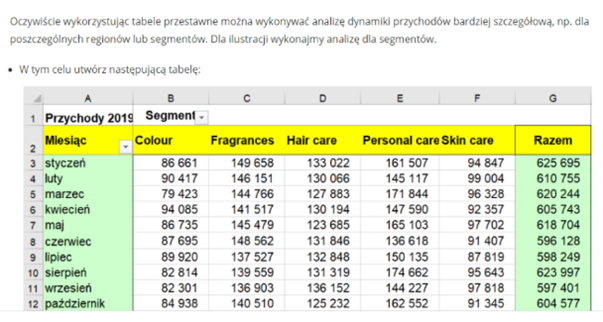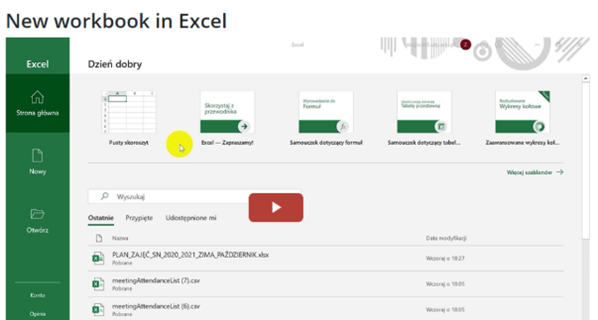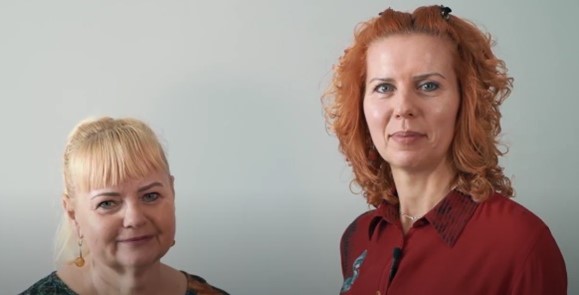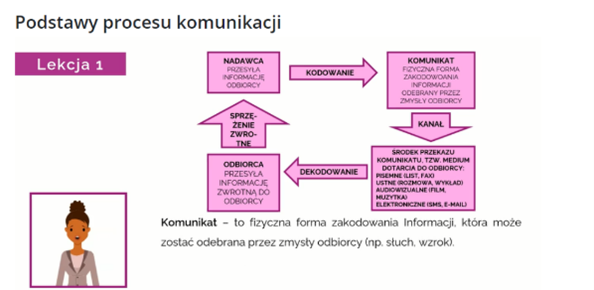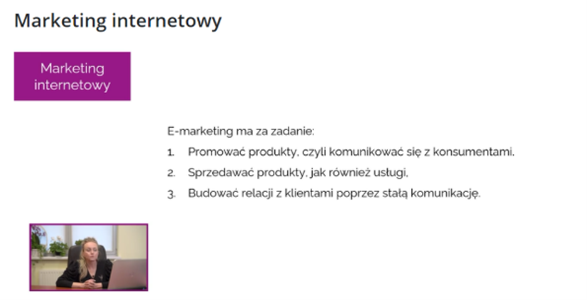University as a competence builder for SMEs

 Project title
Project title
University as a competence builder for SMEs
 Name of Beneficiary/Beneficiaries
Name of Beneficiary/Beneficiaries
Jan and Jędrzej Śniadecki University of Technology in Bydgoszcz
 Name of programme
Name of programme
Operational Programme Knowledge Education Development
 Competition
Competition
Course at MOOC
 Project value
Project value
PLN 698,700.00
 Funding value
Funding value
PLN 677,739.00
 Project delivery period
Project delivery period
from 01.01.2020 to 31.12.2021
Meet our team
It is with the greatest pleasure that we introduce the team of people whose work and commitment contributed to the creation of the seven MOOC-type courses at Bydgoszcz University of Technology and the implementation of the entire project:
- Urszula Słupska, PhD
- Eng. Agnieszka Goździewska-Nowicka, PhD
- Rafał Drewniak, PhD, WBP Professor
- Professor Robert Karaszewski, PhD
- Zbigniew Drewniak, PhD
- Grażyna Voss, PhD, WBP Professor
- Eng. Marek Sikora, PhD
- Eng. Grzegorz Dzieża, PhD
- Eng. Małgorzata Michalcewicz-Kaniowska, PhD
- Eng. Małgorzata Zajdel, PhD
- Iwona Posadzińska, PhD, WBP Professor
- Małgorzata Gotowska, PhD, WBP Professor
- M.Sc. Eng. Dorota Stosik
- M.Sc. Eng. Cezary Graul
See the result of our work
The project resulted in the creation of 7 MOOC-type e-learning courses, prepared and delivered by a team from the Faculty of Management at Bydgoszcz University of Technology, available on the NAVOICA platform. Among our courses are:
- Effective communication and team management - A course designed for entrepreneurs, employees of small and medium-sized enterprises and anyone interested in management topics. The course addresses the basics of managing a team and running a business.
- Quality management in a company - The course deals with methods and tools of management by quality in specific areas of a company's activities. Particular emphasis is placed on shaping the ability to put into practice the knowledge gained and to implement appropriate methods that condition the pursuit of business excellence for the company.
- Financial management for non-financiers - A course in the basics of corporate financial management. The course includes both introductory topics as well as topics on the assessment of assets and financial position and the concept of early warning models for assessing the risk of corporate insolvency.
- Excel in the enterprise - A course to gain practical knowledge and skills in using a spreadsheet to solve typical and non-standard tasks and calculation problems occurring in SME business processes.
- Excel in the enterprise - The general objective of the course is to acquire practical knowledge and skills in the use of a spreadsheet to solve common and non-standard tasks and computational problems occurring in business processes in SMEs.
- Project management in an enterprise - A course on the essence of project management and enabling you to acquire skills and competences in the application of selected project management methods tailored to the specific nature and scope of your organisation/enterprise.
- Modern marketing and your own online shop - The course covers the basics of modern marketing and online marketing. It also deals with practical skills for designing an online shop within: product strategy planning, sales strategy and online shop security.
What problem does our project solve?
During the implementation of the project, we were guided by our objective: to improve the key workforce competences of those participating, within the framework of the university's third mission, corresponding to the needs of the economy, the labour market and society through participation in the seven MOOC-type e-learning courses we developed. The project's objective resulted from the problem diagnosed in the OP WER, which was: insufficient key competences, i.e. IT, analytical, problem-solving, communication and entrepreneurship competences, in particular among representatives of the SME sector and their employees. The courses we have prepared as part of the project allow you to acquire broad, interdisciplinary knowledge and competences in SME management and to learn practical issues and skills regarding the functioning of a company in a contemporary environment. The thematic breadth of the courses in the area of management is wide, and the issues discussed in the courses are logically interlinked. In addition, the courses are free of charge and available on the NAVOICA platform to a wide audience. All this means that each Participant who completes the course(s) will increase his or her IT, analytical, problem-solving, communication or entrepreneurial competences and skills, independently deciding when and where to study. In addition, the implementation of the project has made it possible to meet the clearly perceived socio-economic need for continuous further training and moving towards lifelong learning, especially in an information society and a society that is 'always connected' to the Internet. And during the COVID19 pandemic, the effects of the project became a kind of remedy for the limited opportunities for residential education.
Who is going to benefit from the project results?
A wide range of audiences can benefit from the results of the project. Above all, they are people who want to update and deepen their knowledge and competences in the practical issues of running a business and people who are interested in acquiring knowledge and skills to increase their value in the labour market/self-employment.
The results of the project therefore benefit:
- entrepreneurs and their employees in the SME sector,
- students,
- unemployed and economically inactive people,
- young mothers who are on maternity or parental leave,
- people with limitations who find it difficult to participate in residential courses,
- and potential entrepreneurs who are planning to start their own business.
The principles of equal opportunities and non-discrimination allow everyone to take part in our courses, regardless of gender, race, ethnic origin, nationality, religion, creed, worldview, disability, age, income level, etc.
Which aspect of the project implementation have we found to be the most challenging?
The project posed plenty of challenges. Some of these we were not able to foresee at the application stage. The COVID19 pandemic, which brought 'the whole world almost to a standstill' in its first weeks, did not make our task any easier. This is because the project had to be carried out on schedule and the way we worked adapted to the prevailing conditions and opportunities.
COVID19 pandemic work (half joking - half serious).
Our advice to other Applicants
The most important thing is proper and effective communication.
